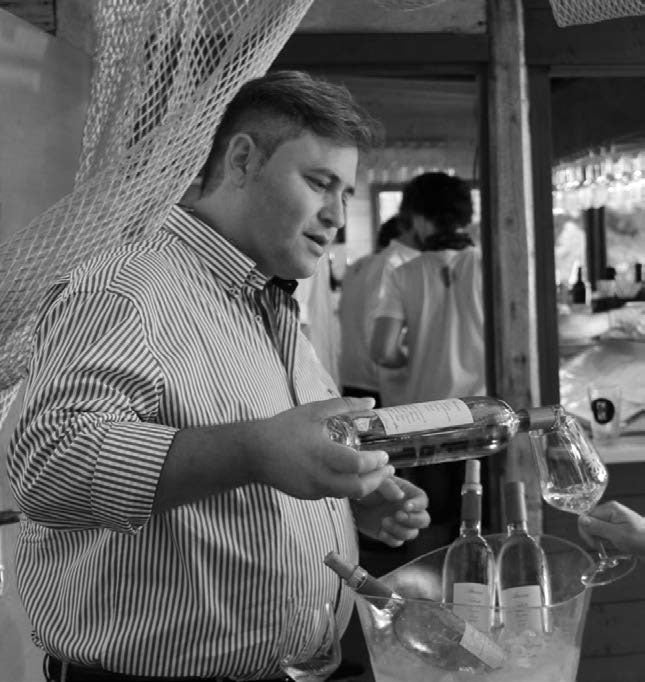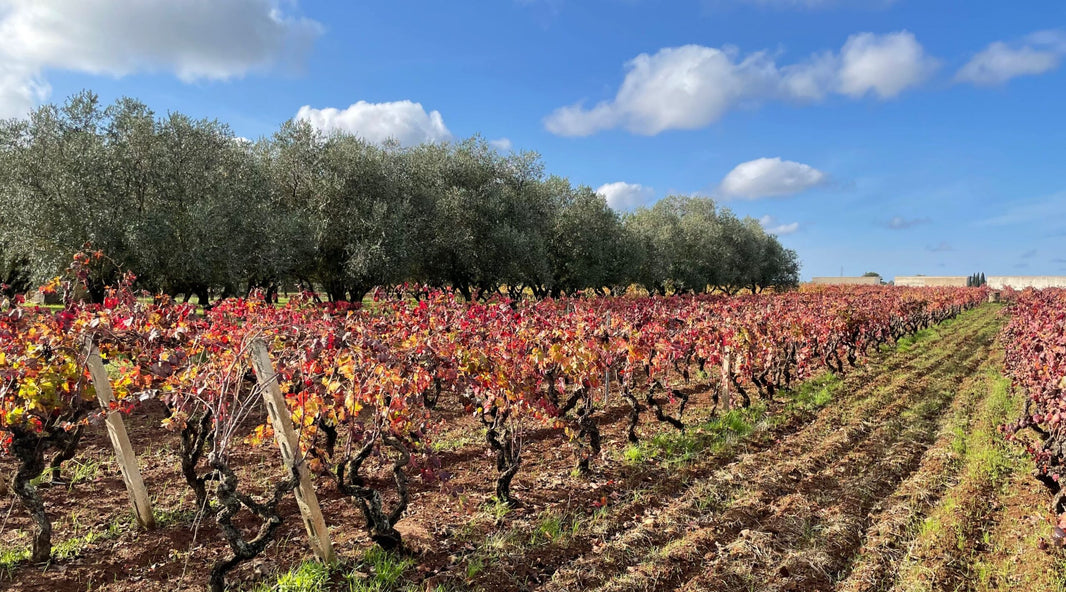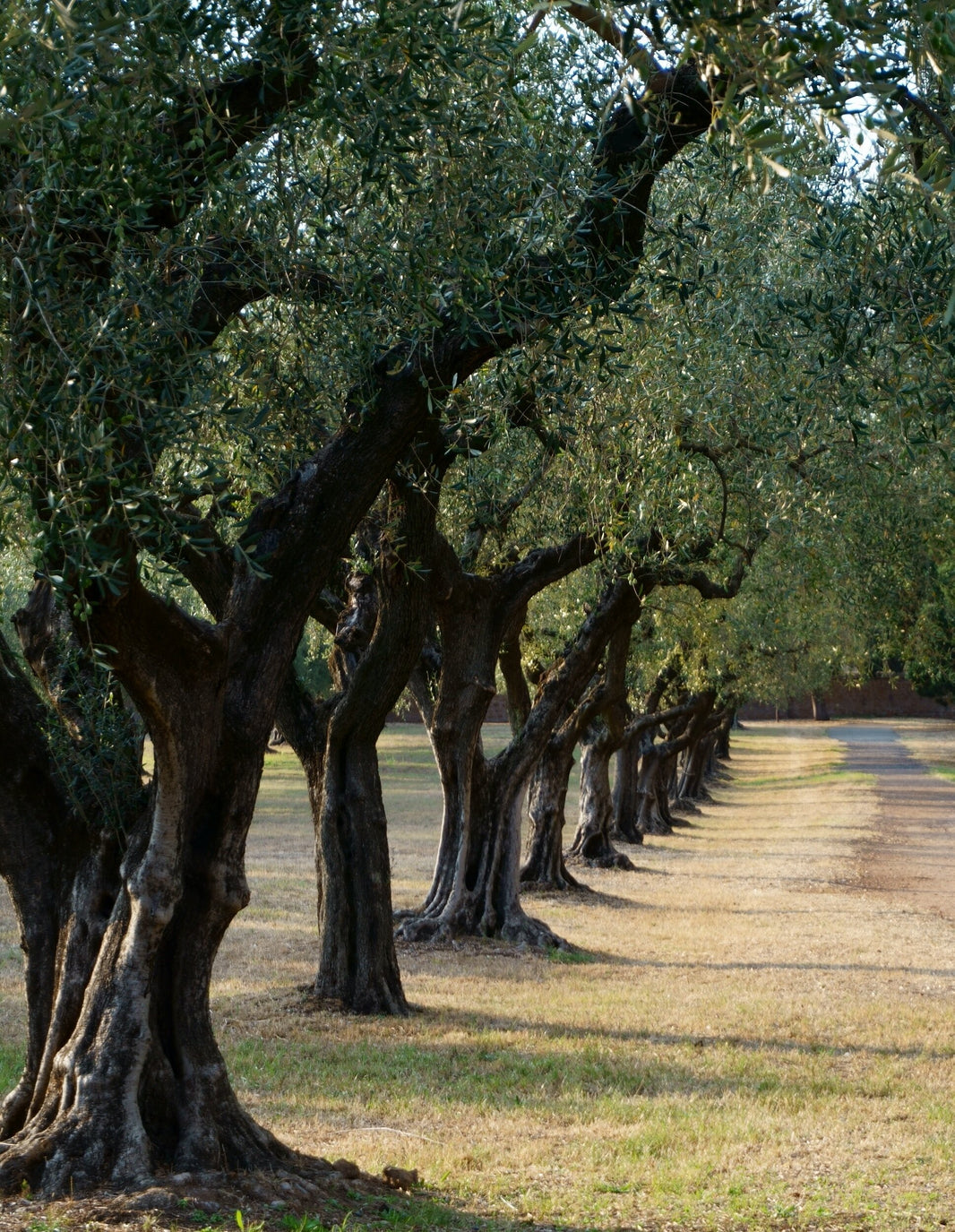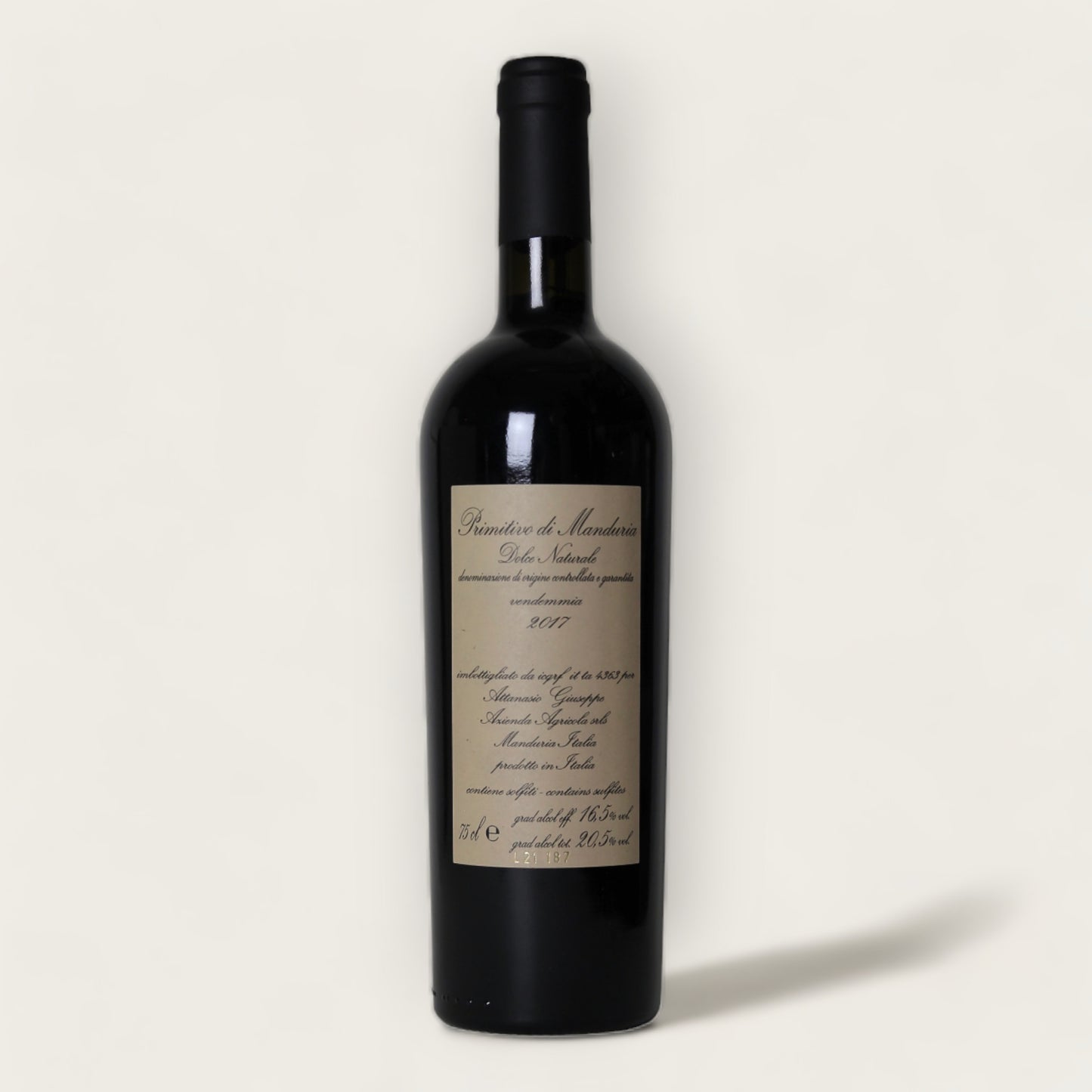Stay up-to-date with the latest news, exclusive promotions, and exciting events by subscribing to our newsletter! Sign up now and receive a 10% discount on your first purchase. Don't miss out on this great opportunity to stay connected with us and get access to special offers!
2017 Attanasio – Primitivo di Manduria Dolce Naturale – DOCG
- Tax included.
For the production of Primitivo Dolce Naturale, Attanasio meticulously hand-harvests all his grapes, ensuring they arrive at the winery in impeccable condition. The maturation process takes place in the cellars beneath the estate's 19th-century palace. His Dolce Naturale is a sweet dessert wine expression of the Primitivo grape, sourced from 40-year-old vines and matured in oak for a period of 12 months. This distinctive wine, produced in limited quantities of just 2000 bottles annually, elegantly complements chocolate, fruity desserts, and robust hard cheeses.
Intensely aromatic, the nose of this wine reveals hints of jammy dark berries, dark chocolate, and cigar box. The initial sip unveils a silky and creamy texture, filled with sweetness and rich dark plum and cherry flavors that linger on the palate.
Grape Variety:
Alcohol: 16.5%
Serving Termperature °C: 14-16°C
Ageing Potential: 10-15 years
Terroir: Primitivo di Manduria - Salento

Attanasio

Primitivo di Manduria - Salento

Puglia


